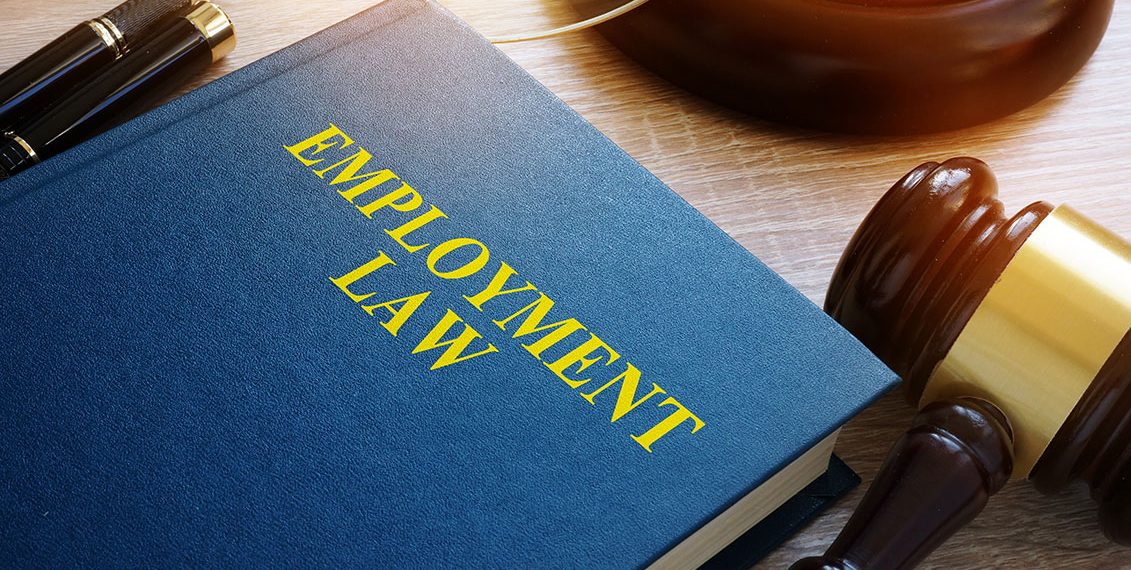If you’re in the workforce in New York, you’ll want to learn about the many New York employment laws that affect employees. These laws include the minimum wage, overtime, and non-disclosure agreements. In addition, you’ll want to understand the new whistleblower protection law, which is set to take effect on Jan. 26, 2022.
There are many New York employment laws that are relevant. If you are injured and need to file a claim, a New York personal injury attorney can help you out greatly.
Overtime law
The overtime law in New York is relatively simple. Employees who work over forty hours per week must be paid one and a half times their normal hourly rate. There are some exceptions to this rule, though. Farm workers, babysitters, and salespeople are not subject to this rule. College students are also exempt, as are taxi drivers. Some other industries have special overtime pay rules, including domestic workers, non-profit employees, restaurant and hotel workers, and building services industry employees.
If you feel that you or an employee is not being paid properly for working overtime, it is important to speak to an employment law attorney. A qualified attorney will be able to explain the overtime laws in New York and how they affect you. Knowing your rights will protect you in the future and help you avoid costly mistakes.
The marriage green card timeline (officially known as a U.S. Permanent Resident Card) can vary depending on several factors, including the U.S. Citizenship and Immigration Services (USCIS) processing times, the specific circumstances of your case, and your location.
Non-disclosure agreements
The New York State Legislature recently passed an anti-discrimination and sexual harassment law. It was signed into law by Governor Andrew Cuomo on August 12. The New York Division of Human Rights issued a series of FAQs about the law, including non-disclosure agreements.
Non-disclosure agreements are a growing area of the law, and their use is changing rapidly. Employers generally use non-disclosure agreements to protect trade secrets and proprietary information, but they can also prevent employees from reporting unlawful employment practices. As a result, new laws are targeting unlawful employment practices and making it harder for employers to use these agreements. Non-disclosure agreements are also prohibited in many states, and employers should understand the limitations of the law in their state before drafting an NDA.
Electronic monitoring
New York employment laws prohibit employers from monitoring employees’ electronic communications without their knowledge. In many cases, this involves monitoring a person’s internet usage or electronic mail. Employers may monitor employees for a variety of reasons, including regulatory compliance, workplace policies, and possible illegal behavior. However, it’s important to understand exactly what is and isn’t allowed.
The state attorney general will enforce the law and can impose a $500 fine for a first offense. Fines increase to $1,000 for a second offense, and $3,000 for a third offense. New York employers should review their employee handbooks and written policies carefully to determine whether this type of monitoring is permissible. They should also prepare an acknowledgement form for newly hired employees and a notice to post in a prominent place in the workplace.
Minimum wage
New York’s massive workforce has been the source of huge profits for employers, but many people are unaware of their rights and are working for low wages. Every year, thousands of people become victims of wage theft. New York state’s minimum wage has been set at $9.50 since 2011. Unfortunately, many people do not know that they are entitled to this minimum wage, which is why the state’s employment laws are so important.
The Wage and Hour Division is responsible for investigating violations. Investigations are usually initiated by complaints by employees. All complaints are confidential. Depending on the nature of the complaint, WHD may choose to focus its investigations on certain industries or types of businesses. If a violation is found, the WHD will declare a violation and impose corrective action.
Overtime ban
Under New York employment laws, most employees are not entitled to overtime pay. However, there are exceptions. For example, nurses and drivers cannot be required to work more than forty hours a week without getting overtime pay. If you believe your employer is violating the overtime law, you can file a complaint with the Department of Labor. The Department will investigate the issue and compensate you for any wages you are not receiving.
In order to calculate if you’re eligible for overtime pay, check your salary. You must earn at least $684 a week in order to be considered an exempt employee. If you make less, you’re not entitled to overtime pay.
Disability benefits
As an employee, you should be aware of the disability insurance laws in New York. These laws require employers to provide their employees with disability benefits in case they become unable to work due to illness or injury. This insurance is available for both full-time employees and part-time employees. It pays out benefits for up to 26 weeks of wages for each employee who becomes disabled.
New York state disability insurance provides benefits for up to 26 weeks, after a seven-day waiting period. However, benefits are subject to Social Security and Medicare taxes and are not income-tax-exempt. Moreover, you can’t claim disability insurance and unemployment benefits at the same time. For that, you must use your sick leave first, and only then will your disability insurance benefits be paid out. If you’re unable to use your sick leave, you can take other types of leave.


































